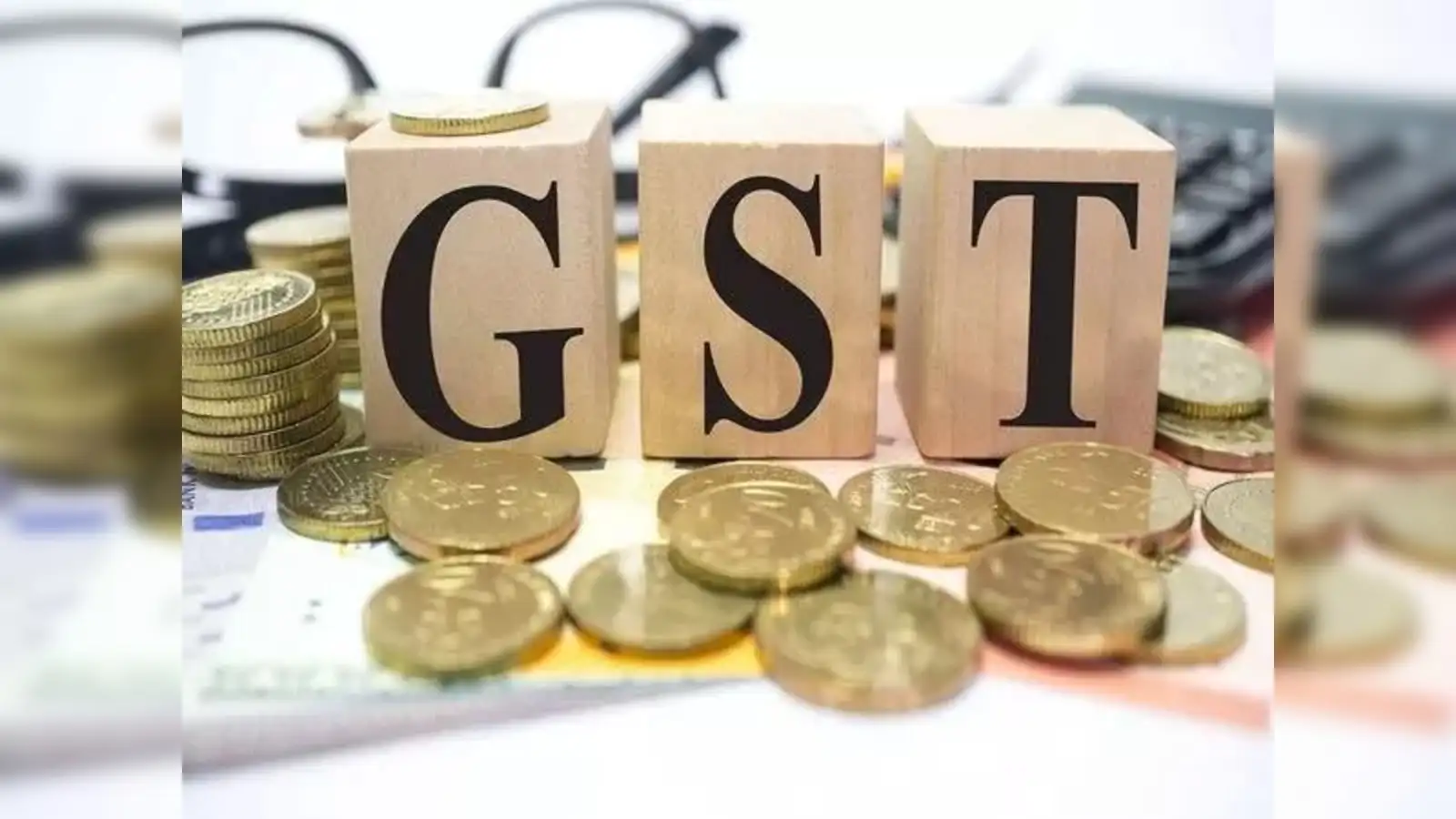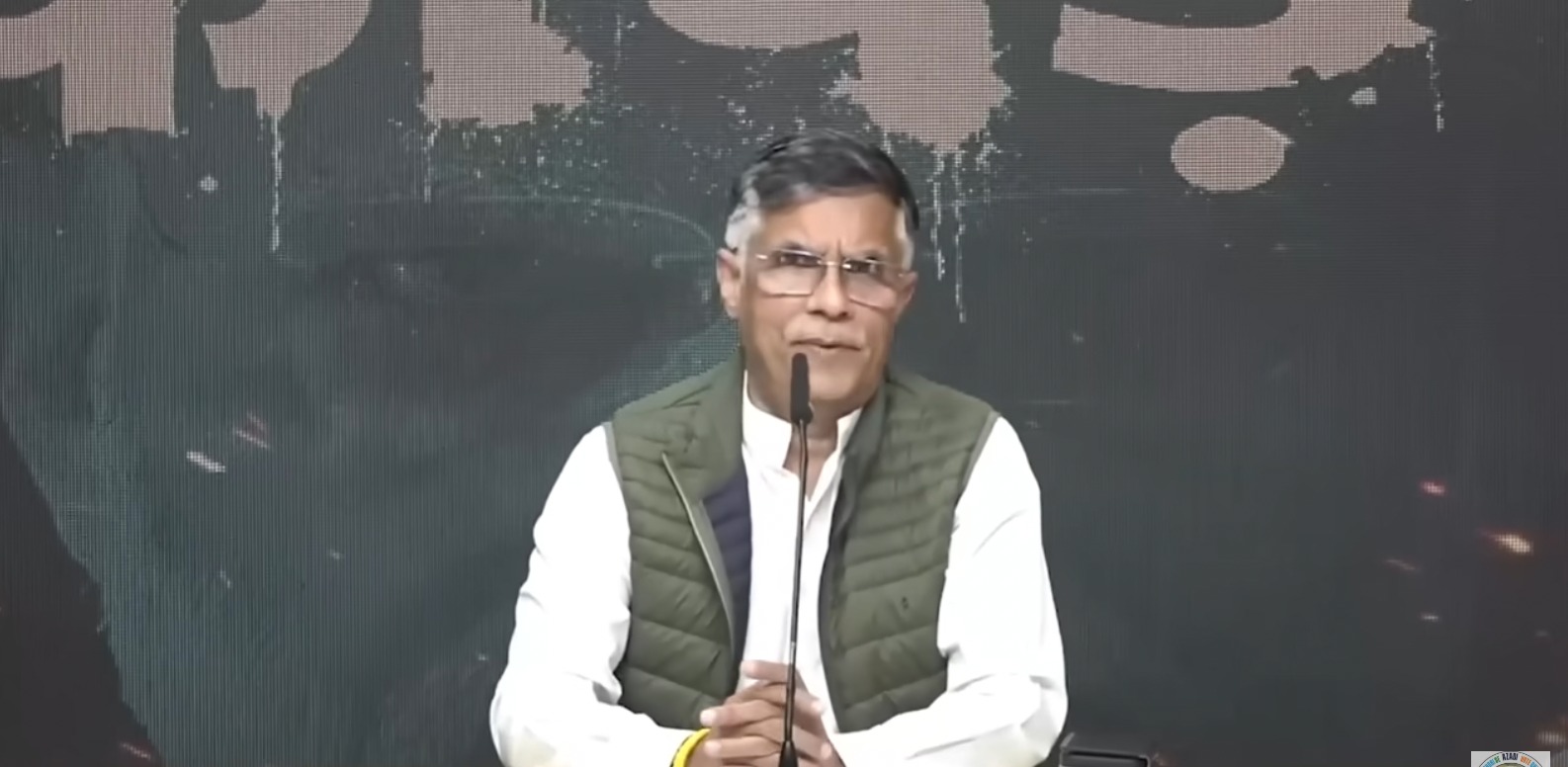

By Prabha Gupta, September 5,2025
GST Reforms India Revenue Loss: Is ₹37,000 Cr Really at Risk?
The GST reforms in India have brought long-awaited changes to the country’s indirect tax system. However, a recent report has sparked concern, claiming a possible revenue loss of ₹37,000 crore.
This article analyzes whether the GST reforms India revenue loss estimate is accurate, what caused it, and how the government plans to offset it.
Also read: https://newshashtag.com/gst-reforms-modi-government-eight-years/
Why the ₹37,000 Cr Revenue Loss Is Making Headlines
A think tank report recently claimed that the Modi government could face a revenue shortfall of ₹37,000 crore due to the latest GST reforms in India. The reasons cited include:
- Lower GST rates on key goods and services
- Expansion of tax exemptions
- Simplified compliance norms for MSMEs
- Relaxed rules on input tax credit (ITC)
While these reforms aim to support businesses and consumers, the short-term fiscal impact could be significant.
Does the GST Reforms India Revenue Loss Estimate Hold Water?
Yes and no. The figure is based on static revenue modeling, which assumes no change in taxpayer behavior, compliance levels, or consumption.
However, the government expects the opposite — that easier compliance and lower rates will encourage more businesses to register under GST, thereby widening the tax base.
Internal resource: Understanding GST structure and components in India
How Can the Government Offset This Loss?
The Indian government has several options to deal with the revenue loss from GST reforms:
Boosting Tax Compliance
The introduction of e-invoicing and AI-powered fraud detection can help reduce evasion.
Expanding the Tax Base
More small businesses may voluntarily register for GST due to simplified procedures.
Encouraging Consumption
Diversifying Revenue Sources
The Centre could rely on non-GST revenue streams like fuel taxes, customs duties, or even divestments.
Is This a Calculated Risk or Policy Misstep?
The GST reforms were politically timed — rolled out after the 2024 elections — and are clearly aimed at long-term system efficiency. However, the immediate risk to revenue is real.
The ₹37,000 crore estimate is plausible in the short term, but if reforms succeed in improving compliance and boosting growth, the loss can be neutralized or even reversed.
Final Take: Short-Term Pain, Long-Term Gain?
The GST reforms India revenue loss debate underscores the tension between tax simplicity and fiscal stability. The government must act swiftly to minimize the fallout and maintain investor confidence.

NewsHasghag operates a 24/7 news bureau that tracks the real-time, social media-driven stories from India and around the world, keeping you ahead of the day’s key talking points. Our digital-first approach transforms storytelling through the seamless integration of data, interactive charts, video, and audio into every narrative








